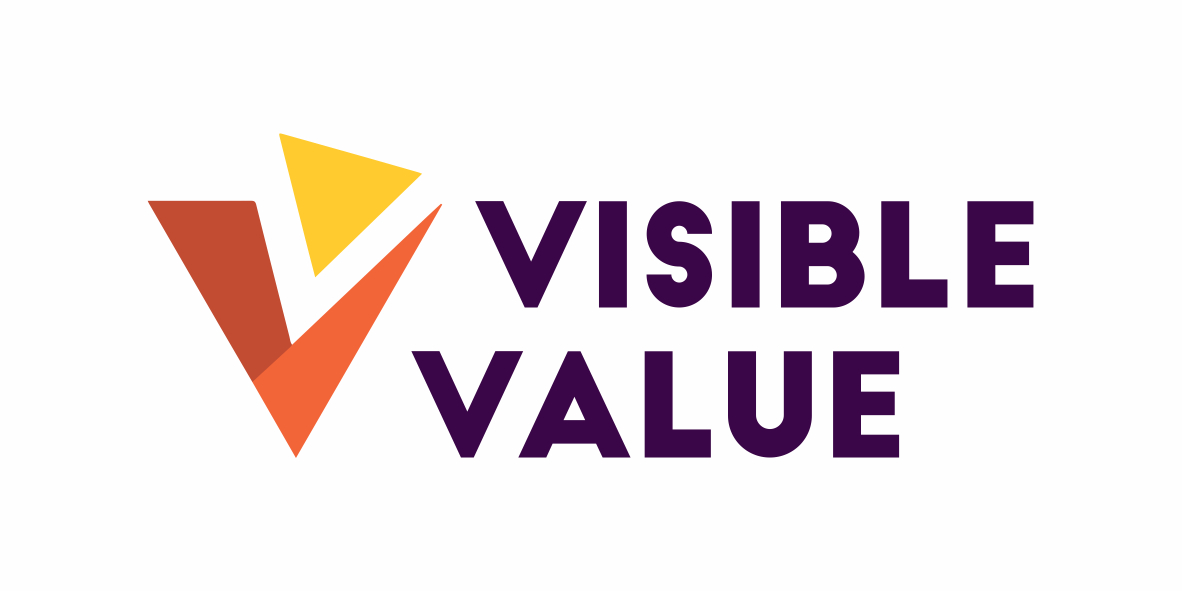Country Snapshots: Recognition of Youth Work
This section of the Visible Value aims to provide a quick overview of the state of the affairs about the recognition of youth work in the countries covered by EU-CoE Youth Partnership. In total it covers 53 country profiles (including 3 profiles for Belgium and 4 profiles for the UK).
The content in this section is based on several sources, including:
- Country reports on youth work collected by EKCYP correspondents: https://pjp-eu.coe.int/en/web/youth-partnership/country-information-youth-work
- EU Youth Wiki - an online platform presenting information on European countries' youth policies: https://national-policies.eacea.ec.europa.eu/youthwiki
- Forthcoming national contributions of the Non-programme countries to EU Youth Wiki
- An additional survey done by the editors of the Visible Value in 2021
The sources of information are indicated at the end of each profile.

- youth work based on non-formal education, informal learning and personality development
- youth work based on so-called leisure-time-based education
There are also services based on the social care approach, primarily focused on young people at risk, poverty, disadvantaged or in institutional care.
Only within the Leisure-based Education concept, pedagogical staff do the respective kind of youth work activities and also need respective educational qualifications. As pedagogical staff providing direct educational activity in Leisure-based Education are considered:
a) teachers,
b) pedagogical staff in institutions providing further education of pedagogical workers,
c) tutors,
d) specials pedagogs,
e) psychologists,
f) pedagogs of Leisure time,
g) assistants of pedagogs,
h) trainers,
i) leading pedagogical workers.
Within the NGO-led youth work, there is no central regulation on youth work nor youth workers and the qualification is required only in state funding schemes.
The National Register of Qualifications is a publicly accessible register of recognised professional qualifications as well as their assessment standards. Successful applicants receive the Vocational Qualification Certificate, which is a nationwide valid certificate that contains personal data of the applicant, authorised body data, the exam report and a list of verified and validated competencies. The certificate and the exam report are stored as required by the law on archiving. Recognised professional qualifications in the youth field are:
- Coordinator of Volunteers
- Youth leader of activities aiming at improving state of health of children and youth
- Self-reliant youth leader for leisure-time-based activities
- Youth leader for leisure-time-based activities for children and youth
- Expert in the area of international cooperation with children and youth
- Guarantor of the safety of children and youth in non-formal and leisure-time-based education.
Quality Label for outstanding projects is granted from Erasmus+ Program: Youth is awarded in the Annual Valorisation Conference by the Deputy Minister acting as the National Authority for the implementation of the Erasmus+ Programme in the Czech Republic. The winning project based on outstanding youth work is selected by the Committee and presented by the beneficiaries in the plenary of the Conference.
Memorandum on supporting the recognition of the results of non-formal education was one of the final products of the ESF national project „Keys for life – Developing Key Competencies in Leisure-Time-Based and Non-Formal Education“ implemented from 2009 – 2013. The „Keys for life“ project has also set the minimum competence profiles for selected positions in youth NGOs as a baseline for recognition of particular qualifications, as well as educational programs aimed at youth workers so that they could build these identified minimum competence profiles for their continuous work with children and youth. The identified minimum competence profiles facilitate the process of the transparency and validation of skills and the recognition of youth workers´ qualifications. The recognition of the value of non-formal education within the project covered four different levels:
- Recognition of social benefits of the work with children and youth,
- Recognition of competencies gained in non-formal education by employers,
- Formal validation of competencies gained in non-formal education by public authorities and educational institutions,
- Self-evaluation of competencies gained in life-long learning.
The project provided methodological support for creating training programmes in the field of developing human resources in youth NGOs, youth clubs and leisure-time centres. Within the project, five expert meetings with employers, professional educators and other professional public were organised, which focused on the recognition of the results of non-formal education. Moreover, in the national conference held in 2011, the Memorandum on supporting the recognition of the results of non-formal education was signed by the representatives of the employers. In the meantime, the Memorandum has been supported signed by more signatories.
(From the Youth Wiki)

